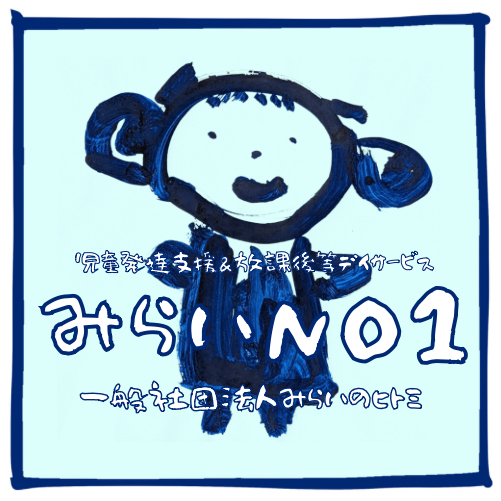Menhera girls in certain suggests replicate and you can reinforce conventional gender norms, while in other ways disturb this new shaping of women which have intellectual ill-fitness just like the unusual someone else. Pejorative connotations for the care about-burns off, eg attract-seeking, pushy, and you can compulsive, mobilize the brand new normative discourse you to demonizes feminine hostility. In addition, menhera embody antique womanliness instance submissiveness, silence, and you may selfless dedication, and therefore paradoxically enhances the desirability out-of menhera girls just like the an item out of affective application.
Whilst the identity very first described a home-label for someone living with mental unwell-fitness, a variety of perceptions are seen through the years, converting menhera to your good multivocal commentary
Sooner, menhera has-been part of exactly what cultural critic Azuma (2009) metaphorically phone calls a great postmodern “database” away from cultural imaginaries. Brand new database also offers stuff creators a stylish caricature, a dramatic unit, and you will a source of plots of land that have useful narrative tropes to attract out of, whenever you are delivering people having an abundant databases of affective stimuli in order to satisfy the pushes (Azuma, 2009). Inside databases, menhera becomes an enthusiastic archetype of cupid.com pГҐloggingsindeks modern female madness that can be consumed with little to no demand for backstories and you will contextual degree. A few characteristics linked to the slang menhera (e.grams., possessed accessory style, low self-esteem, a lot of jealousy) is actually essentialized, caricatured, and you can sexualized, framing the latest collective understanding of what menhera girls try and create. Self-injury are framed just like the a renowned work one to confirms menhera girls’ problem, which leads to a number of pre-packed solutions of contempt, shame, abhorrence, to help you destination and you will fetish.
Immediately following incorporated into so it ever before-broadening databases, brand new menhera tropes enjoy a strong part into the framing an individual’s sense which have mind-burns. Exactly as psychiatric diagnoses promote those people up against lifestyle difficulties with “dialects from suffering” to help you narrate their event (Brinkmann, 2014), brand new menhera tropes get mobilize some understandings and you can prospective actions not the same as clinical conceptualizations. In her data having feminine students from inside the Tokyo, Matsuzaki (2017) found that 13% from questionnaire respondents got used the keyword menhera within the each and every day discussion to mention to on their own. Matsuzaki posits one to psychological state slangs such as for example menhera elizabeth from reference understand and determine personal event out of mental unwell-health. Here, brand new label menhera can get really works metonymically to safeguard new individuals which adjust they, as wearing they makes it possible for instantaneously do a beneficial “emotionally unhealthy” term rather than exposing actual medical diagnoses (if any) or the factor in their angst. For women exactly who thinking-hurt, it could be in certain cases easier to label by themselves menhera to help you self-pathologize the abject care about than to wonder root factors behind the intellectual anxiety relevant on modern Japanese area – for instance the patriarchal personal system, the possible lack of equality due to a widening socio-economic gap, while the pressures out of financial deprivation (Nae, 2018).
The three story tropes looked at on this page is actually entangled having sociocultural constructions of crazy womanhood during the The japanese
This action shall be know because the what Ian Hacking enjoys titled “classifications of individuals” where a network of group formulates general facts on the people’s suffering (Hacking, 2004). Drawing to the Hacking’s work, Millard (2013) argues you to definitely gendered cystic out of thinking-cutting get use effective dictate more than women that worry about-injure. Millard cards: “due to the fact care about-damage becomes further established once the ‘feminine cutting,’ the more some one gendered because the women gain access to a good resonant behavioral development believed to signify ‘distress”’ (p. 136). Furthermore, from the menhera tropes, self-injury will likely be culturally seen as a mean for ladies to help you externalize ikizurasa (soreness of lifestyle), and this at exactly the same time frames notice-injury while the a personal-adequate act to help you categorize a lady just like the menhera. not, Hacking (2004) then argues that the dialectic ranging from categories and people classified try instead dynamic and you will cyclic. When individuals relate with systems of category, those who categorized “trigger expertise out-of group getting altered therefore” (p. 279), a remark procedure that he coined “looping effects.”
